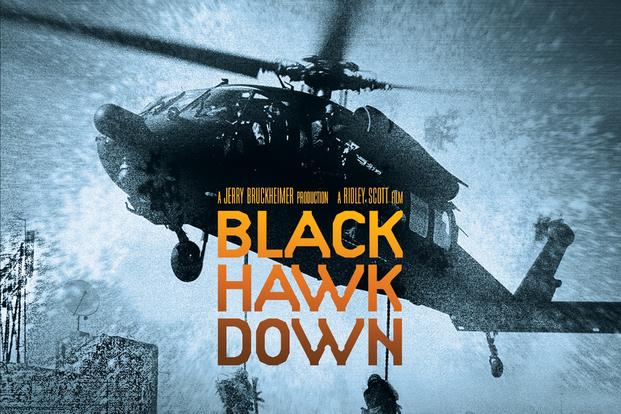
In two days of fighting in urban Mogadishu, Somalia, 18 U.S. Army special operations personnel (Rangers and Delta Force operators) die and over 70 are wounded in a failed raid to capture warlord Mohammed Farrah Aidid. Some 500 Somalis also die in two days of fighting, and three Black Hawk helicopters are lost.
Many would later say that the Pentagon, under Secretary of Defense Les Aspin, was responsible for the incident, denying earlier military requests for additional equipment and then failing to provide backup as the disaster unfolded. Though the Clinton administration inherited the failed Somalia “peacekeeping” operation from the George H.W. Bush administration, Aspin would later admit that he made a mistake in not providing more support for U.S. forces there, and he offered his resignation in December as a result of his decision-making here, after less than a year as secretary.
It was only much later that al Qaeda’s involvement in Somalia was understood. It is now generally agreed that al Qaeda operatives “trained” Somali militia (though what substantive aid they provided is unclear). Osama bin Laden later takes credit for the American deaths and though that is an exaggeration, there is no question that the subsequent U.S. withdrawal influenced al Qaeda views of American weakness.
Mark Bowden’s account of the raid, Black Hawk Down, was a bestselling book and 2001 movie